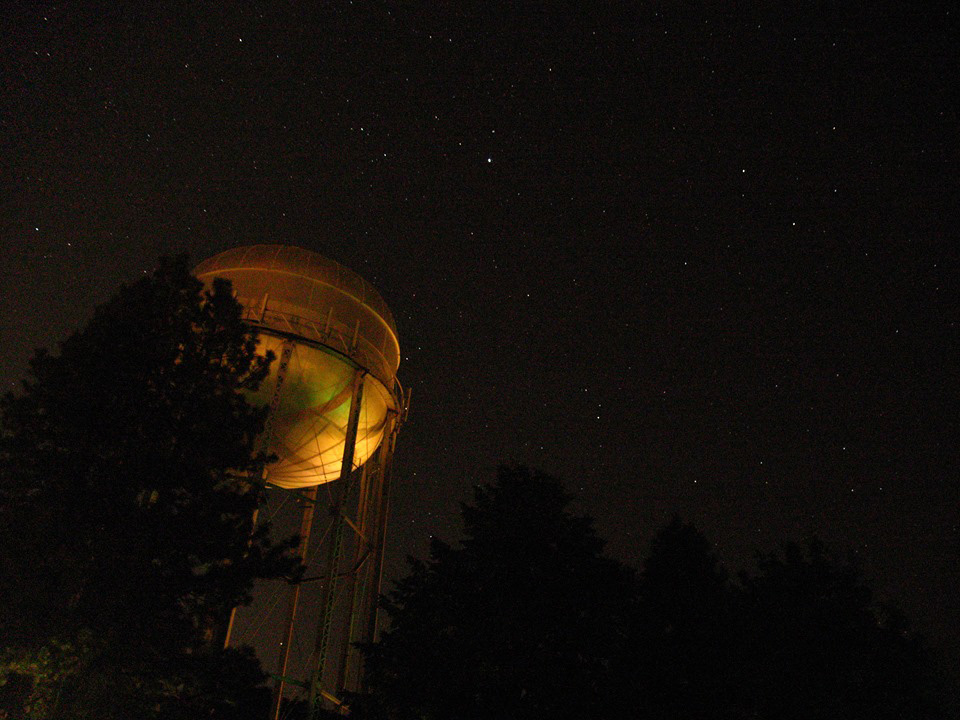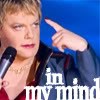
Happy Mess by Ian Paul Messersmith
directed by Sarah Campbell
dramaturgy by Ariana Burns
packet prepared Summer 2020
(Moscow Idaho’s Rotary Park water tower photo by Elaina Pierson)
We’ve completed our second week of development for Ian’s play, Happy Mess. And PR has begun gently nudging us for material to promote next month’s reading. To that end I’m putting together an interview with Ian; Sarah, our director; and Angel, our stage manager.
I’ve been interviewing peeps for about a decade now, six of those with Palouse Anthropology (PA) so I started dashing off questions I already knew I would ask. I had Ian send me the history of Happy Mess to create questions from it. Then we brainstormed questions which was fun having the narrators pitch in on making questions.
As an aside, I will mention that at PA we don’t call them interviewees. They are narrators. There’s a power dynamic involved in the term for us. When we conduct interviews, the narrator controls where the conversation goes and has the option of final review. “Interviewee” didn’t accurately described their role.
I circled back to the big question: take-aways. What the audience should leave the interview with. They want to see Happy Mess, of course!

So, when I’m working on a successful interview, I want to avoid it being an itemized list of the process because that sounds crazy boring. Interviews can and do touch on process. Often it’s necessary to give a framework and offer the listener something to hang the forthcoming information and stories on.
The interviews we do through PA are about the past and how things have changed overtime but the point is I don’t make the interview a series of lists.

And that’s when it dawned on me.
This was something I hadn’t really paid much attention to. I was already very much aware that you never want to ask yes/no questions because then you had to think of another question. You wanted a question that would lead to a long answer. Certainly something more than a yes/no. And at least long enough to come up with another question if you weren’t prepared and had a couple more queries at the ready.
But the thing I’d never really thought about before was what questions were. They are triggers for tiny stories. And when I thought about that I realized that each tiny story told during a sitting, string together into many and coalesces into the narrative that is the interview. The questions are the path of the narrative.
And I think the tricky bit is that many narrators we don’t meet until we sit down for the interview. They’re not my friends or associates so it’s a gamble whether or not my question will trigger a story. Then I have to use follow up questions to find the right one. But the interviews I think of as successful–and they are all differently successful–always seem to rely on the question.